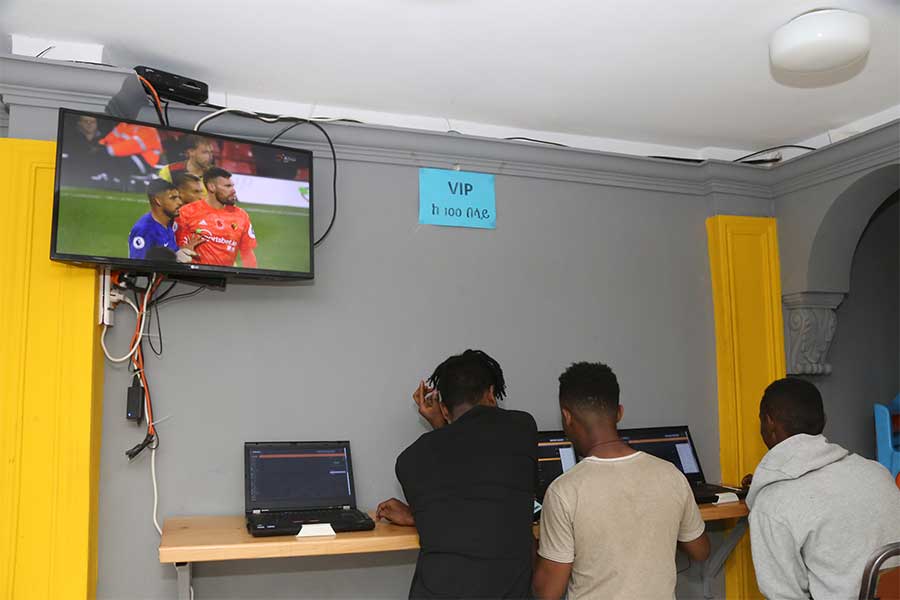
The Importance of Market Reports in the African Gambling Industry
As the Gambling industry in Africa continues to grow and evolve, new opportunities are emerging for both local and international operators. However, entering this dynamic market without proper research and understanding can be a risky endeavor.
This is where market reports come into play, serving as an essential tool for any business looking to establish or expand its presence in the African gambling sector. In this article, we’ll explore the critical importance of market reports and how they can help you make informed decisions when venturing into the African gambling market.
Understanding the African Gambling Landscape
Africa is a vast continent with 54 countries, each with its unique gambling regulations, cultural attitudes, and market dynamics. The gambling industry across the continent is far from homogeneous, with significant variations in legal frameworks, player preferences, and technological infrastructure from one country to another. For instance, while South Africa has a well-established and regulated gambling market, other countries like Ethiopia are still in the process of developing comprehensive gambling legislation.
Given this complexity, a one-size-fits-all approach to entering the African gambling market is unlikely to succeed. This is where market reports become invaluable, providing detailed insights into specific countries or regions within Africa.
Key Benefits of Market Reports
- Regulatory Insights
One of the most crucial aspects of any gambling operation is compliance with local regulations. Market reports offer in-depth analysis of the regulatory landscape in different African countries, helping you understand:
– Current gambling laws and regulations
– Licensing requirements and procedures
– Taxation policies
– Upcoming legislative changes
For example, a market report might reveal that Kenya has recently introduced new regulations for online betting, requiring operators to obtain specific licenses and adhere to strict responsible gambling measures. This information is crucial for any company planning to enter the Kenyan market.
- Market Size and Growth Potential
Market reports provide valuable data on the current size of the gambling market in different African countries and projected growth rates. This information helps you assess the potential return on investment and identify the most promising markets. For instance, a report might show that the Nigerian sports betting market is experiencing rapid growth due to increasing smartphone penetration and a young, sports-enthusiastic population.
- Consumer Behavior and Preferences
Understanding local player preferences is crucial for tailoring your offerings to the target market. Market reports offer insights into:
– Popular gambling activities (e.g., sports betting, casino games, lotteries)
– Preferred betting channels (retail vs. online)
– Average bet sizes and frequency
– Demographic information of gamblers
For example, a market report might reveal that in Ghana, football betting is extremely popular among young males aged 18-35, with a preference for mobile betting platforms.
- Competitive Landscape
Market reports provide a comprehensive overview of existing operators in the market, their market share, and strategies. This information is crucial for:
– Identifying potential competitors
– Understanding successful business models
– Recognizing gaps in the market that you could potentially fill
For instance, a report on the South African gambling market might highlight the dominance of certain casino operators in the land-based sector, while also pointing out opportunities in the underdeveloped online gambling space.
- Technological Infrastructure
The state of technological infrastructure varies greatly across African countries and can significantly impact the success of online gambling operations. Market reports offer insights into:
– Internet penetration rates
– Smartphone adoption
– Popular payment methods
– Availability and reliability of mobile networks
This information is crucial for developing appropriate platforms and payment solutions. For example, a report might show that mobile money services like M-Pesa are widely used in Tanzania, suggesting that integrating such payment options would be essential for success in that market.
- Economic and Political Factors
Broader economic and political factors can have a significant impact on the gambling industry. Market reports provide analysis on:
– GDP growth rates
– Currency stability
– Political climate
– Socio-economic factors affecting gambling behavior
For instance, a report might highlight how economic challenges in Zimbabwe have affected disposable income and, consequently, gambling spending patterns.
- Cultural Attitudes and Social Acceptance
Gambling attitudes can vary significantly across different African cultures. Market reports offer insights into:
– Cultural perceptions of gambling
– Religious influences on gambling behavior
– Social acceptance of different forms of gambling
This information is crucial for developing culturally sensitive marketing strategies and responsible gambling measures. For example, a report might reveal that in predominantly Muslim countries like Morocco, there’s a higher acceptance of skill-based games compared to games of pure chance.
- Future Trends and Opportunities
Market reports don’t just provide a snapshot of the current situation; they also offer forecasts and analysis of future trends. This could include:
– Emerging technologies in the gambling sector
– Shifting player preferences
– Potential regulatory changes
For instance, a report might predict a growing trend toward esports betting in South Africa, providing operators with the opportunity to prepare and position themselves in this emerging market segment.
Making Informed Decisions with Market Reports
Armed with the comprehensive insights provided by market reports, gambling operators can make informed decisions about:
- Market Entry Strategy: Deciding which African countries to enter and in what order.
- Product Offering: Tailoring game portfolios and betting options to local preferences.
- Technology Investment: Determining the most appropriate platforms and payment solutions for each market.
- Regulatory Compliance: Ensuring all necessary licenses and compliance measures are in place before launch.
- Marketing Approach: Developing culturally appropriate and effective marketing strategies.
- Risk Assessment: Identifying potential challenges and developing mitigation strategies.
As you consider entering or expanding in the African gambling market, don’t underestimate the power of comprehensive market research. At Genius Gaming Consult, we specialize in providing in-depth market reports tailored to the unique needs of gambling operators in Africa.
Our team of experts combines local knowledge with global industry expertise to deliver actionable insights that can drive your success in this dynamic market. Whether you’re looking to enter a new African country, launch a new product, or optimize your existing operations, our market reports can provide the foundation for informed decision-making.
Don’t leave your African gambling venture to chance. Visit www.geniusgamingconsult.com today to learn more about our market report services and how we can help you navigate the complex but rewarding African gambling landscape. Let us be your guide to unlocking the full potential of the African gambling market.
Author: Nasif K Balinda








